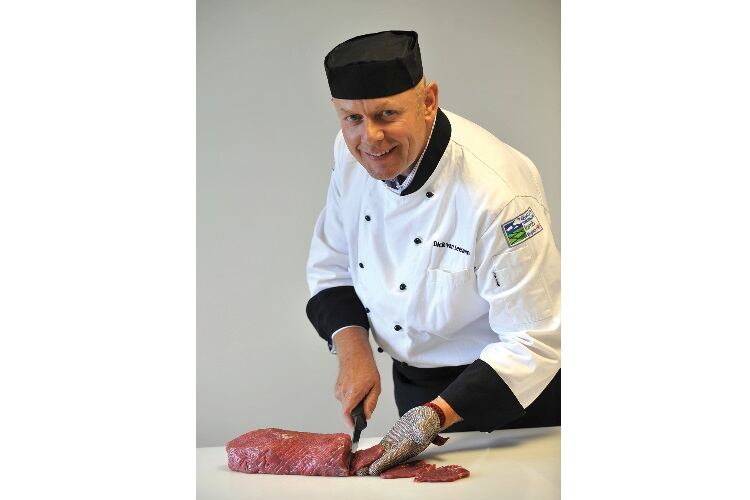The trade body said that even before the coronavirus crisis the British meat processing industry was facing a 10-15% shortage of skilled workers. It added that while some of the demand for staff can be filled by British trainees, it doesn’t completely solve the problem. “Often suitable candidates don’t live close enough to where the jobs are. Many factories are located in rural areas with less transport and accommodation infrastructure, which makes it difficult for people to travel to work.”
It warned that beyond the pool of UK workers, the shortfall can then only be made up by bringing in skilled workers from abroad. However the current Shortage Occupation List doesn’t include the category of worker we need, so BMPA has been lobbying the government to add ‘butcher’ to that list.
BMPA said it takes up to two years of training before a new recruit to the meat processing industry has the skill to work safely and productively on different parts of the production line.
“The job is physically demanding, requiring strength and discipline as well as specialist knowledge of various areas ranging from knife skills, animal anatomy and use of processing equipment through to an understanding of food quality, safety standards and traceability. It’s also work that is difficult and often impossible to automate, which means we always need people.”
BMPA CEO Nick Allen said: “The British meat processing industry is a strategically important cornerstone of the UK food supply chain and we can see an opportunity to strengthen it by offering career opportunities to both British and overseas workers, all of whom are equally vital.
“But in order to do that, we need the category of ‘butcher’ to be added to the Shortage Occupation List.
“The Migration Advisory Committee has called for evidence of skills shortages so they can decide which occupations should be added to the list and BMPA, on behalf of the meat industry, will be submitting evidence that will show just that.”




